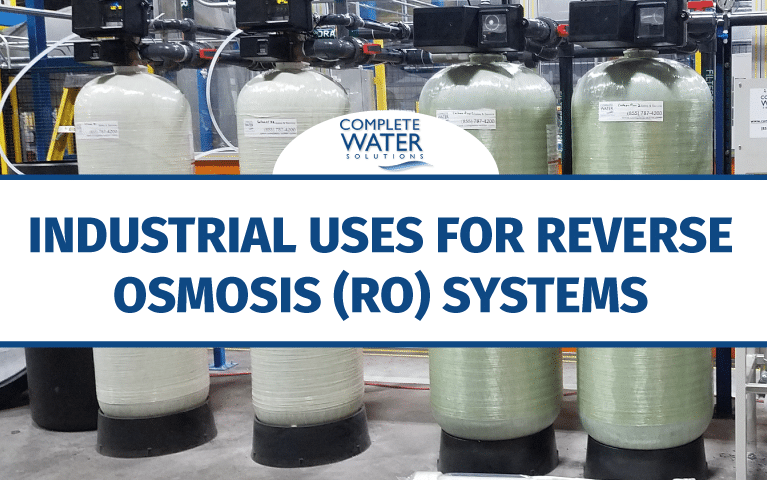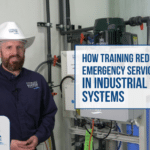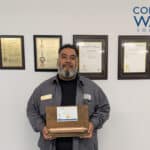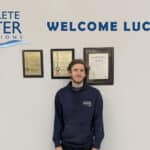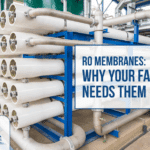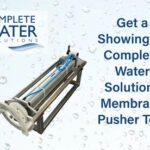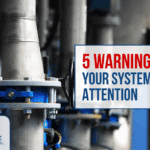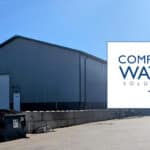Industrial Uses for Reverse Osmosis (RO) Systems
What is Reverse Osmosis
When exploring industrial uses for reverse osmosis, one thing becomes immediately clear: water purity is non-negotiable. Reverse Osmosis (RO) is a highly effective water purification process that forces water through a semipermeable membrane by applying direct pressure. This advanced filtration method removes unwanted contaminants and impurities by blocking larger molecules, including ionized dissolved salts. As a result, reverse osmosis delivers consistently high-quality water that meets the demanding standards of industrial applications across manufacturing, energy, food processing, and more.
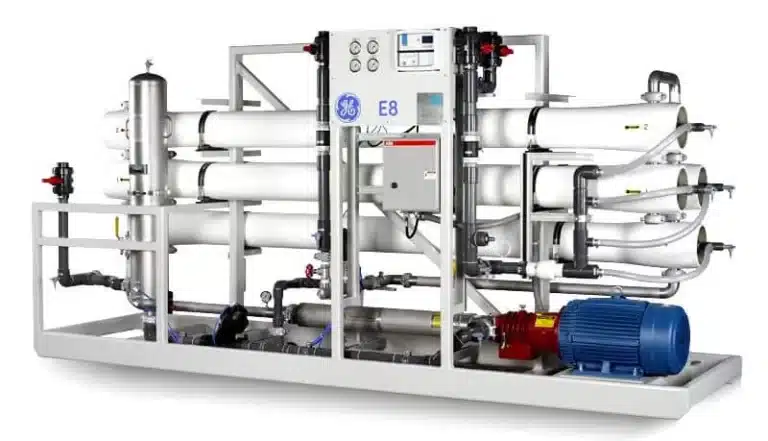
Reverse Osmosis is used to reverse the natural process of osmosis. Osmosis is the natural tendency of water with dissolved salts to pass through a membrane from a lower salt concentration to find a higher salt concentration. Plants use this process to absorb water and its nutrients while humans and other animals use it to absorb water from blood.
Reverse Osmosis systems continuously operate to instead reverse this process. Reverse Osmosis systems use continuous pressure, usually from some sort of pump, to force the feedwater with impurities and ionized salts through a highly-sophisticated membrane that removes the impurities, ending with highly purified water. The impure concentrate left behind is collected above the membrane and is then passed from the system to drain or onto other processes. RO systems also use cross-filtration. This is where the feedwater crosses the filter with two outlets: the purified water flows one way while the contaminated water goes another way. Cross-filtration allows water to sweep away the contaminants while also using enough water pressure to keep the membrane clean. Industrial applications of Reverse Osmosis generally end with 75% of the feedwater being purified, while in applicants where water conservation is important 85% can be purified.
Industrial Reverse Osmosis
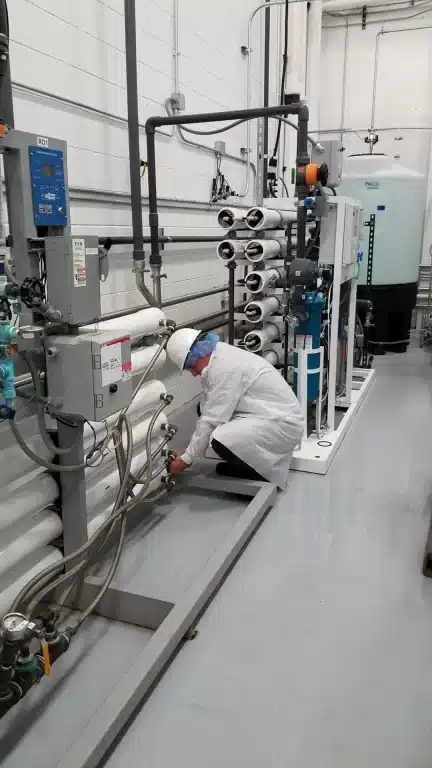
Industrial Reverse Osmosis systems do this on a much larger scale. There are often three to five stages taking place in the entire process of Reverse Osmosis. A three-stage system consists of a sediment filter, a carbon filter, and a semipermeable membrane. A four-stage system adds another membrane to filter out contaminants that the first membrane might have missed. The five-stage system adds a final post-filtration step that passes the feedwater through a carbon filter to remove any lingering contaminants. Some five-stage Reverse Osmosis systems also have a remineralization stage that will return beneficial minerals lost during the original process.
Industrial Reverse Osmosis systems tend to work in five basic steps. The first step is prefiltration. This consists of sending the feedwater through two pre-filters that are in all Reverse Osmosis systems. The first is a sediment filter that removes particles like dust, dirt, and rust. The second filter is made of activated carbon and removes substances like chlorine and volatile organic compounds (VOCs). The second step is the actual Reverse Osmosis. At this point in the process, the continuous pump sends the feedwater through the semipermeable membrane that will trap the smaller, harder-to-detect molecules of impurities.
This step removes the vast majority of dissolved solids in the feedwater. Next comes the drainage step. This is when the impurities are collected and drained out of the feedwater. This step makes sure to keep the membrane clean and clear, allowing for more feedwater to be purified and keeping the RO system’s efficiency high. The final step consists of storing the purified water. The water is usually stored in a pressurized vessel large enough to contain the purified water until it is ready to be used. The water may also flow through a final carbon filter to catch any missed impurities.
If you have any questions about Industrial Reverse Osmosis systems don’t hesitate to contact your experts at Complete Water Solutions!
Industries CWS Supports
Complete Water Solutions is your premier solution to water filtration. We support many different industries and are ready to help with your water filtration today!
Since water is used for the majority of manufacturing applications Reverse Osmosis systems are used in many industries. Count on Complete Water Solutions whether you are in the restaurant, medical, or laboratory industry. We also support electroplating and rinse baths and parts washing/powder coating. Complete Water Solutions supports each of these industries with commercial or industrial applications
How Can These Specific Industries Use Reverse Osmosis
Industrial Reverse Osmosis systems can be beneficial to each of these industries.
The restaurant, medical, and laboratory fields are all specifically regulated when it comes to water. A Reverse Osmosis system is the best way to achieve highly purified water that you don’t have to worry about. This includes clean food or drinking water and water that is consistently purified for diagnosis and treatments.
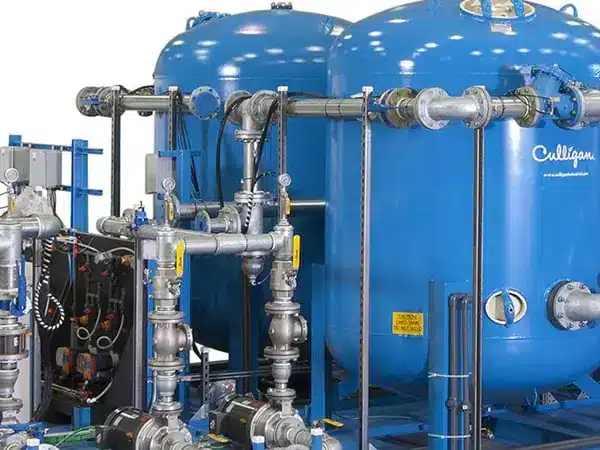
When it comes to parts washing and powder coating, Complete Water Solutions understands how important it is to have reliable, pure water. An industrial Reverse Osmosis system is the perfect way to achieve this. We guarantee clean water when using our Reverse Osmosis systems.
Electroplating and rinse baths also have specific water requirements when it comes to deionized water. Here at Complete Water Solutions, we stay up to date with the specifications and understand how to best support this. In most cases, the best option is using a Reverse Osmosis system to properly deionize and purify the water.
Complete Water Systems provides Reverse Osmosis systems that are able to achieve these results. Contact us today to get started on a system that fits your specific budget and needs!
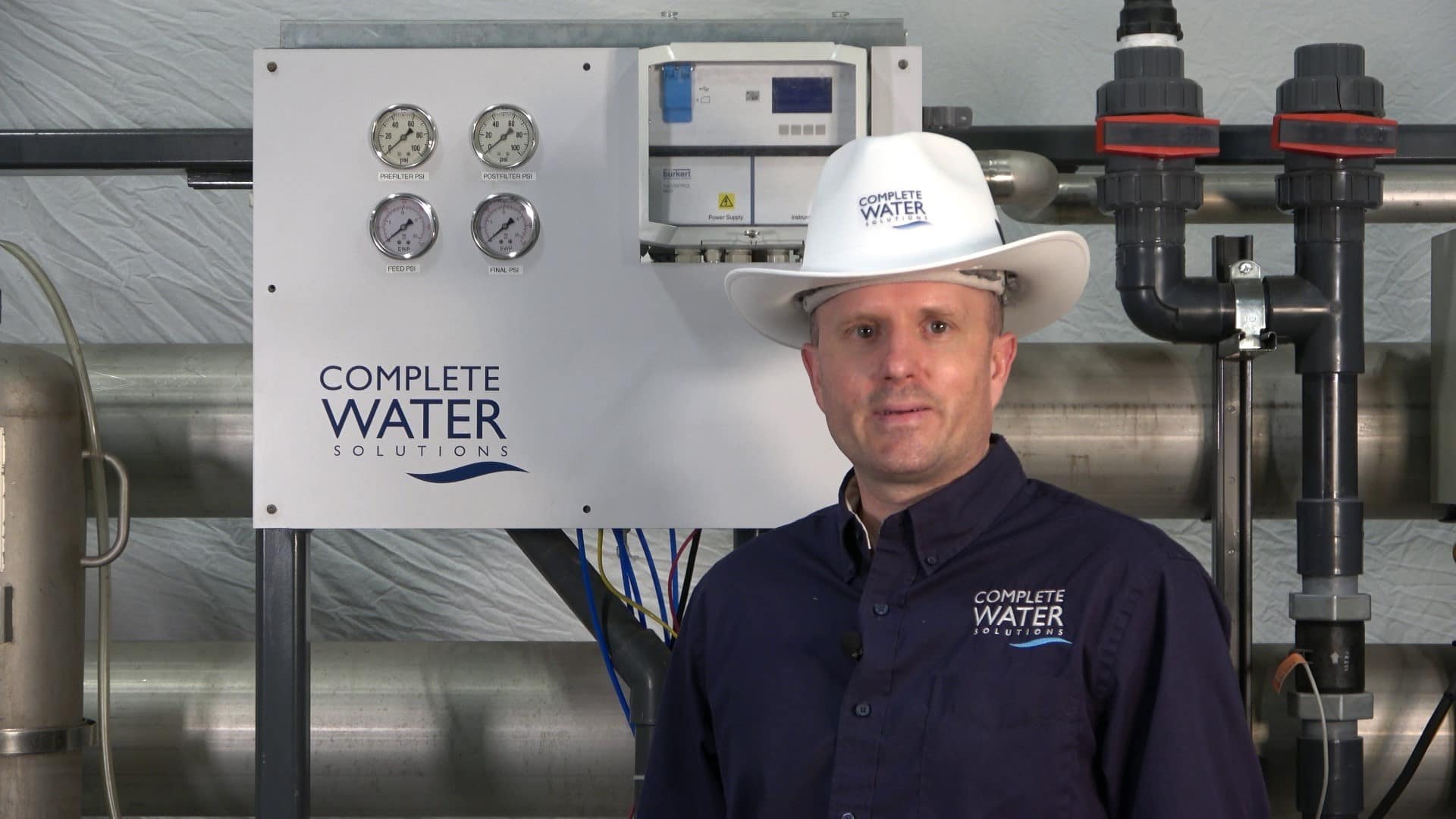
With over 30 years of hands-on experience in the water treatment industry, Nathan Olszak is a trusted water treatment expert. He specializes in designing, engineering, and servicing water treatment systems. As the owner of Complete Water Solutions, Osmonics, and Membrane Cleaning Pro, Nathan has built a reputation for delivering customized water treatment solutions that enhance efficiency, reliability, and water quality across various industries, including the medical, commercial, and manufacturing sectors.
Nathan’s journey in water treatment began as a service technician. He gained in-depth knowledge by working with all major brands of equipment, including Veolia, Suez, Bruner, Culligan, Pentair, Aquamatic, Osmonics, GE Water, Marlo, Lakeside, Fleck, Autotrol, US Filter, ION Pure, Siemens, Evoqua, and many others. This hands-on expertise, combined with his technical certifications, has made him a leader in water system engineering and water management.
Credentials & Expertise
- Certifications: David H. Paul Reverse Osmosis Certification, PLC Programming
- License: Power Plant Operating Engineer 3rd Class
- Specialties:
- Design & engineering of water treatment systems and advanced water systems
- Custom water filtration systems and solutions
- Installation, automation, and repair of water treatment systems
- Expertise in Reverse Osmosis (RO), Deionization, Water Softening, Carbon Filtration, Iron Filtration, UV Treatment, Ultrafiltration (UF), Process Filtration, CEDI/EDI, and more
- Specialized knowledge in Boiler Feed Water, Tower Makeup Water, and drinking water production for industries such as bottling, pharmaceuticals, and food processing
- Project management and reclaiming of water system waste for other uses
- Evaluation of raw water sources and potential contamination risks
- Industrial water treatment strategies to prevent corrosion and optimize system performance
- Boiler water treatment to enhance energy efficiency and system longevity
Nathan’s commitment to excellence extends beyond equipment sales and service. He works closely with clients to develop tailored water treatment services that optimize performance and meet their operations’ unique demands. His expertise covers methods that mitigate water impurities, ensure fresh water accessibility, and maintain regulatory compliance. It also includes the design of high-efficiency reverse osmosis systems for industrial use.
Nathan focuses on the latest technology in water conditioning, water softeners, filters, and pumps to improve maintenance and efficiency. His experience in laboratory testing and biofilm control ensures the highest industry standards in water treatment processes and water management.
Additionally, his deep understanding of infrastructure and water data analysis provides long-term, cost-effective solutions that promote health and safety. His expertise ensures that businesses receive top-tier, quality water treatment solutions.
For insights into the latest industry trends, innovations, and best practices, explore the Complete Water Solutions Blog, where Nathan shares valuable information on water filtration systems, sustainability, and water solutions engineering.
Give Us A Call (855) 787-4200 or Email info@complete-water.com


